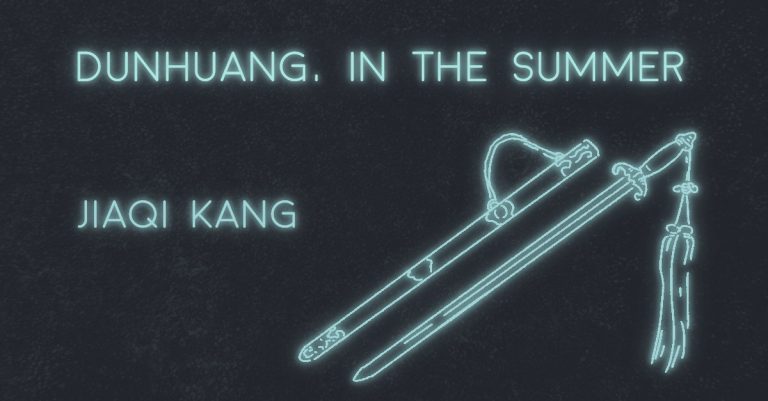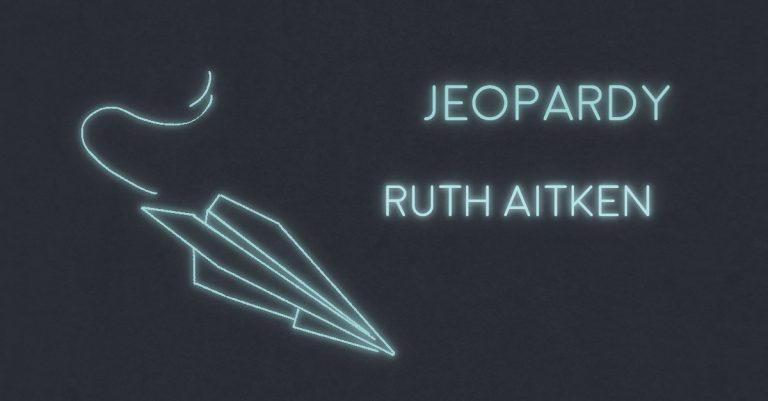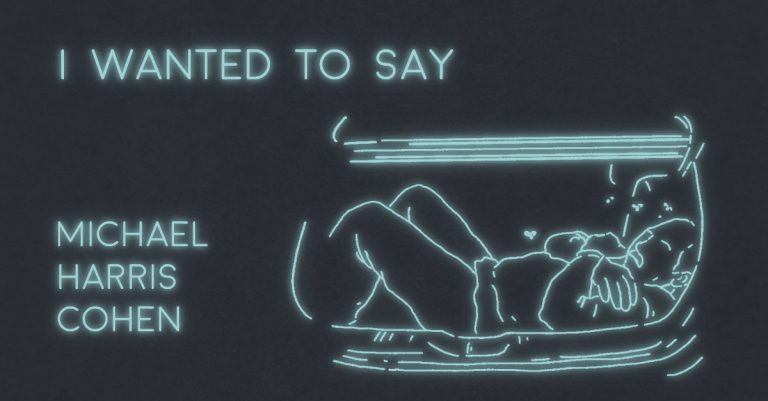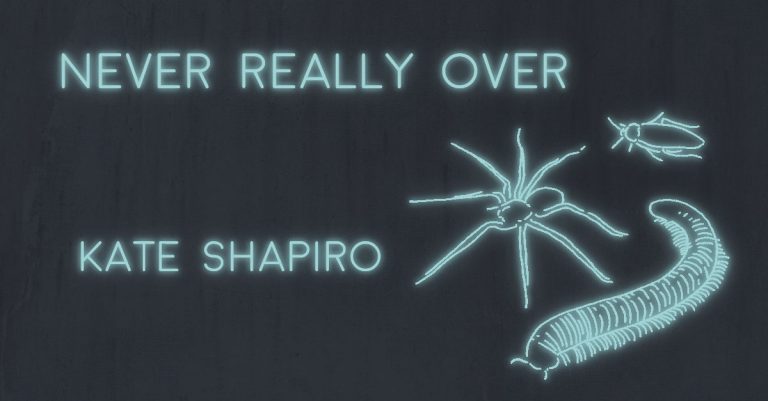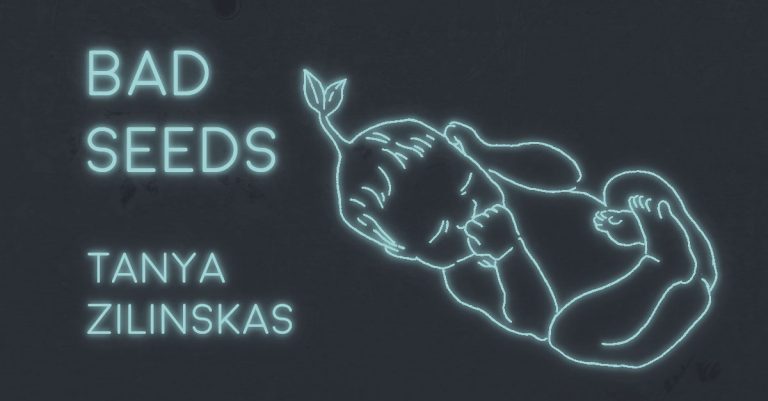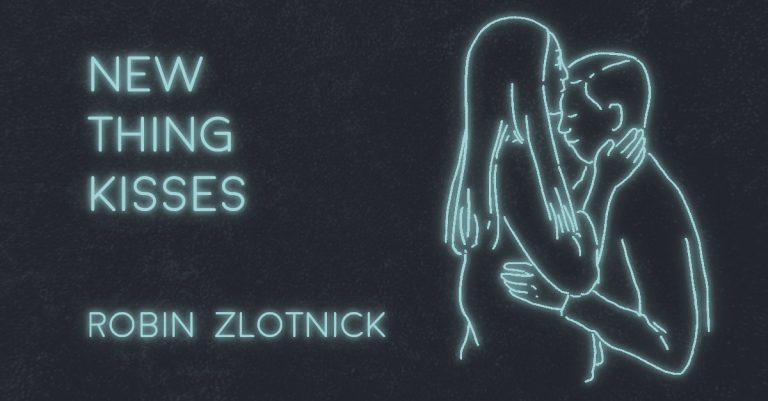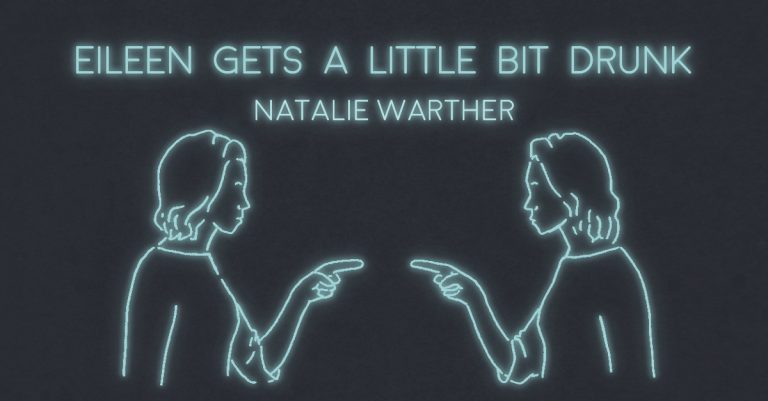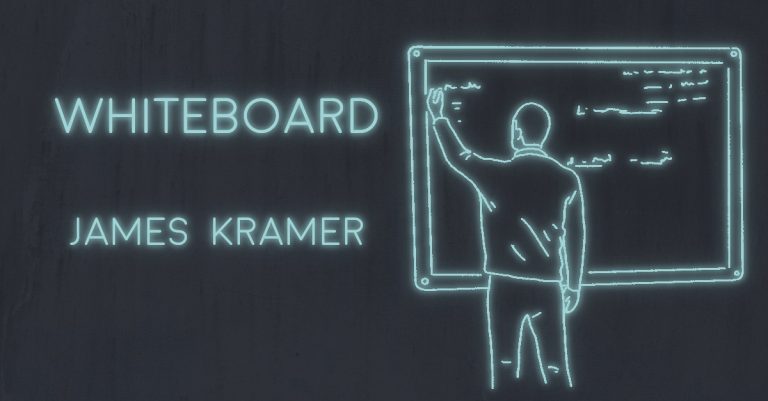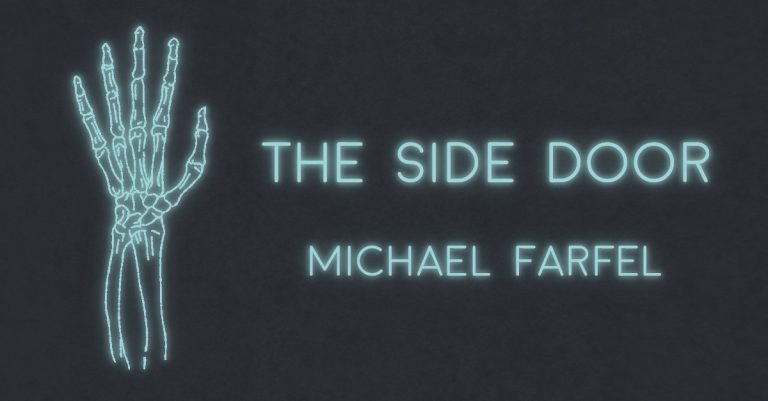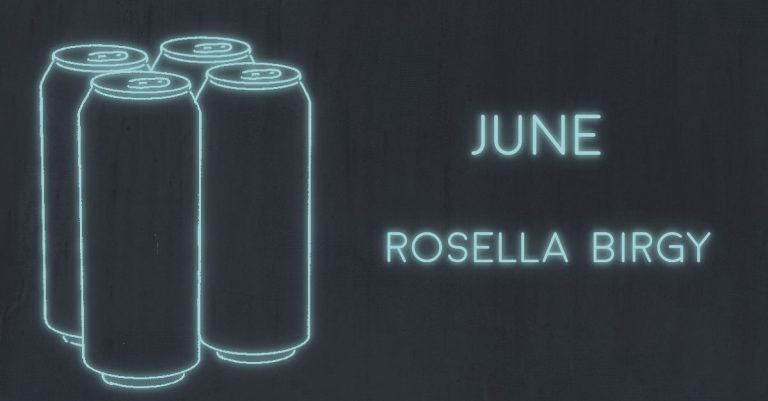
JUNE by Rosella Birgy
I. The lady who owns the condo keeps a bonsai tree that she regularly forgets to water. She wears an ankle bracelet and her best friend is a nineteen-year-old boy who “works” maintenance for the complex in the summer in exchange for a living space that’s not with his parents. His father is a no feelings kind of guy and his mother hasn’t stopped taking Valium in the three years since his older brother died in a car crash and he doesn’t know if college “is for him,” the lady writes us in her letter of instructions for general upkeep

